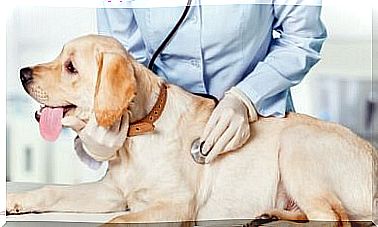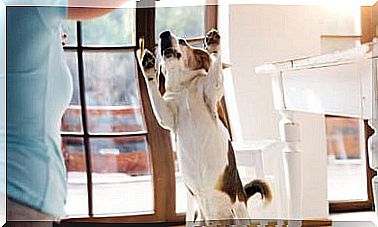The Veterinary Process When Your Pet Is Hospitalized
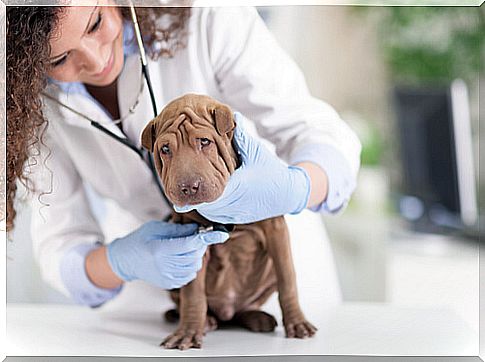
Many owners are scared just thinking about the possibility of hospitalizing their pets. Generally, hospitalization is associated with a negative health picture; In the beginning, the key is to calm down and think that our friends will receive the best care 24 hours a day.
If your pet is hospitalized, it will be important to have the proper knowledge to know how to proceed and remain calm. Here are some of the frequently asked questions about veterinary hospitalization.
Where to hospitalize your pet
If your pet needs to be hospitalized for an emergency, it will likely be referred to a clinical veterinary hospital (HCV), as few clinics offer hospitalization. The HCV has exclusive sectors for internments that are separated from other hospital facilities.
Each sector is intended for a type of animal, that is, dogs, cats and turtles do not remain in the same environment. Generally, each HCV has two exclusive rooms for dogs, a section dedicated to cats, and another special room for exotic species.
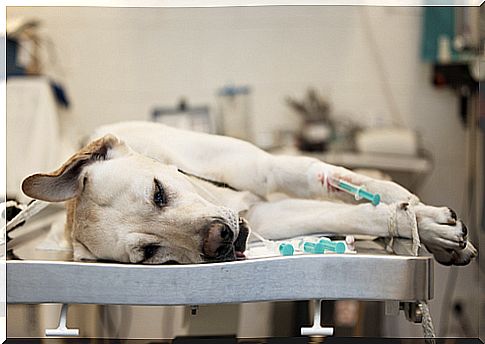
Each dog is kept in an internment room according to its size and type of illness or medical attention required. Large animals usually have a larger area to be able to feel comfortable during their stay. In addition, dogs with infectious diseases are hospitalized in an exclusive isolation area.
What kind of care your pet receives in hospitalization
It depends fundamentally on the state of health of your pet; Each animal receives the medical attention required by its specific diagnosis. However, all hospitalization sectors offer intensive treatments available 24 hours a day.
In addition, hospitalized animals receive two to three daily visits from the veterinarian in charge of their clinical picture. And to attend to any emergency, the hospitalization area has veterinarians and nurses on duty. This is in addition to the collaboration of Veterinary Medicine students who are in the last year of their career.
Your pet can receive visitors during hospitalization
Yes, the HCVs have scheduled visiting hours so that owners and guardians can see their pets and relax. If your pet is hospitalized, in many cases you can have two hours of visits, Monday through Friday, usually in the afternoon.
However, it is advisable to consult the vet before making a visit when your pet is hospitalized. Many times the owner’s visit can leave the animal anxious or nervous and can be detrimental to its recovery.
Home hospitalization for pets
In milder clinical conditions, recoveries or chronic pathologies, hospitalization at home is a viable alternative. Although many guardians are afraid of not offering the correct assistance to their pets, this option has many benefits.
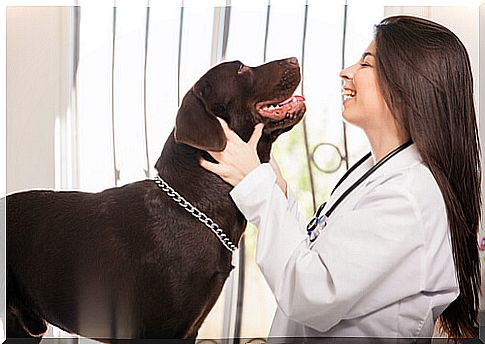
In principle, the dog will have the comfort of his own home and will feel more secure in a family environment. This facilitates their recovery or improvement from a negative situation and also provides a pleasant feeling of well-being and welcoming. For chronic or terminal patients, this alternative is crucial to improve their life expectancy.
In addition, many dogs and cats can be constantly nervous or anxious during their stay in a veterinary clinic or hospital. This negative reaction is usually frequent in elderly animals or that are not used to living with other pets. Again, the best option is to opt for home hospitalization.
Benefits of hospitalizing your pet in your own home
Next, we add other advantages of home hospitalization for pets :
- Ease of accompaniment : being at home, your pet will be able to benefit from your presence, and it will be easier to monitor the evolution of its state of health without needing to travel all the time.
- Apply alternative therapies, such as music therapy or aromatherapy, in your pet’s recovery. These techniques are generally not performed in clinics or hospitals and have enormous benefits for the well-being of your partner.
- Cost reduction : in financial terms, home hospitalization is also convenient It represents an economy in transportation and hospital facilities.
- Less probability of acquiring secondary pathologies : in the case of weakened or elderly animals, the hospital or veterinary clinic can be a gateway for numerous secondary pathologies and infections. Being at home, with proper hygiene, the pet can avoid being exposed to pathogens.



